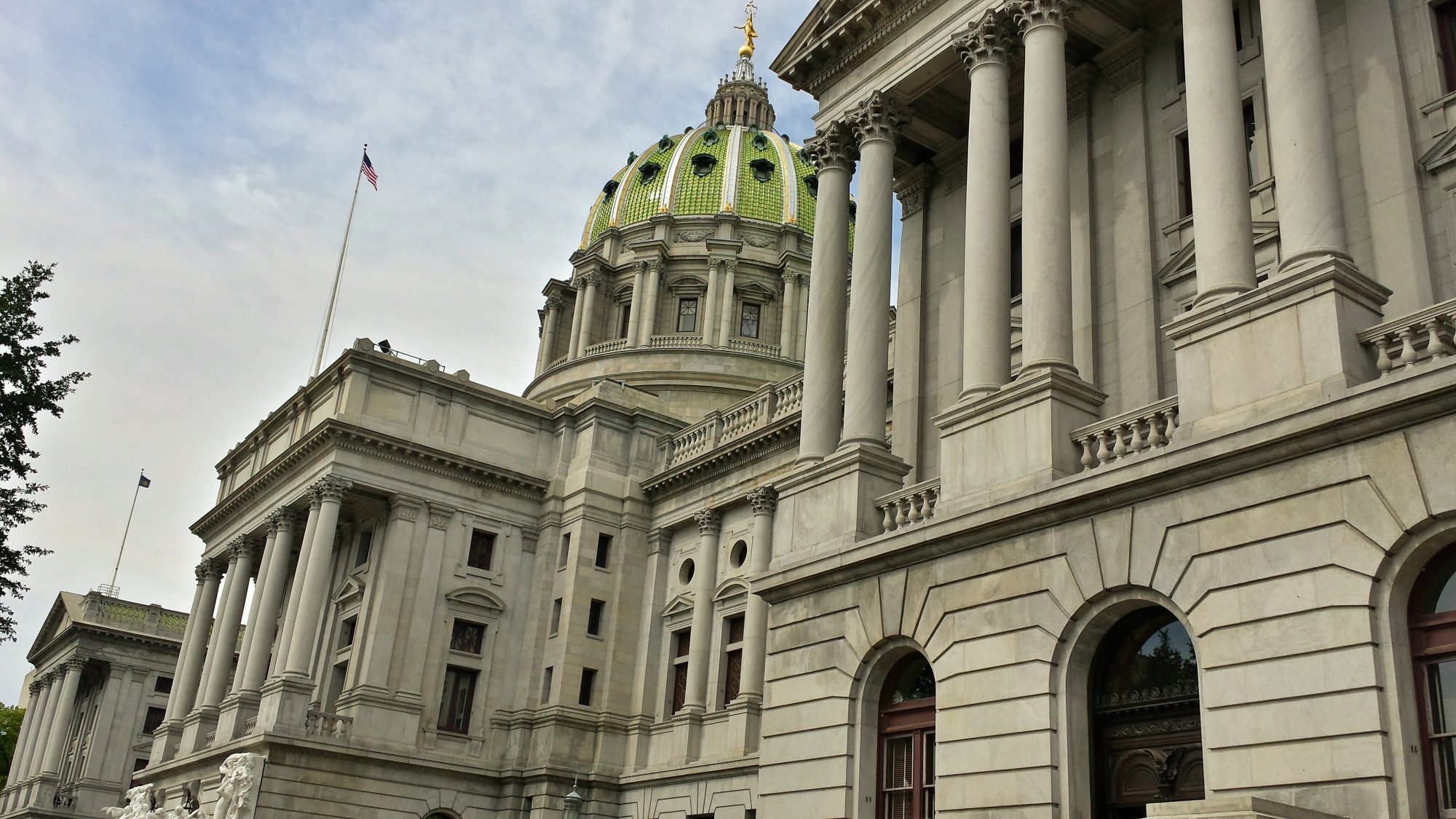Minimum price markups may not be a taxA tax is a mandatory payment or charge collected by local, state, and national governments from individuals or businesses to cover the costs of general government services, goods, and activities.
, but the experience for consumers is the same. A last-minute provision added to Pennsylvania bill HB 1300 would increase the minimum price markup on cigarettes in the state. The bill would require tax stampers, wholesalers, and retailers to increase their prices. Unlike a tax, where the higher prices paid by consumers are remitted to the government, price markups allow the sellers to keep the additional revenue as profits.
HB 1300 mandates the price markups gradually increase each year until 2027. Based on today’s prices, the combined result of the proposed markups would be approximately an 8.5 percent retail price increase, from $9.94 per pack to $10.79 per pack. The price increase would result in fewer legal sales, decreasing tax collections by $47 million per year.
Pennsylvania earmarks roughly 17 percent of its cigarette tax revenue to specific purposes. The largest spending programs that will lose direct funding from the decrease in cigarette tax revenue are social services—the Community and Economic Develop program and the Children’s Health Fund—followed by a capital projects fund for farmland preservation.
Revenue losses are magnified in the event of cross-border shopping. Pennsylvania currently loses about 7 percent of total cigarette sales due to state residents buying cigarettes in lower-tax neighboring states. This markup legislation could more than double the size of the illicit market in the state.
Minimum markup regulations are not unique to cigarettes or to Pennsylvania. Minimum markups are applied in several countries to alcohol and tobacco products. Wisconsin applies a minimum markup to gasoline prices. Many states have existing minimum price laws for cigarettes, though they tend to set a price floor designed to prohibit selling cigarettes below a certain cost, whereas the Pennsylvania proposal requires a substantial increase in retail prices. And while not formally a minimum markup, the Pennsylvania Liquor Control Board operates as a monopoly, using its monopoly power to increase prices, decrease sales, and limit the number of establishments at which consumers can purchase products by an estimated 40 percent.
While the Pennsylvania proposal is intended to dissuade people from smoking by making the habit more expensive, the history of tobacco price minimums is one of protectionism for smaller tobacco retailers concerned that larger retailers would price cigarettes as “loss leaders” to get consumers in the door for other purchases. They were an anti-consumer policy designed to protect certain businesses from competition, not to protect the public from cigarettes. Today, the goal may be different, but intentions do not always translate into outcomes. Policymakers may intend to discourage people from smoking by driving up prices but could instead simply increase financial burdens on lower-income smokers or push sales across state borders.
Minimum markup policies tend to be wildly unpopular among both taxpayers and policymakers. Higher prices displease customers. The policy generates no additional revenue for the government and with fewer sales, minimum markup policies almost always decrease revenues. Lawmakers should carefully evaluate whether minimum markup laws are policies that improve the well-being of their constituents.
Stay informed on the tax policies impacting you.
Subscribe to get insights from our trusted experts delivered straight to your inbox.
Share
